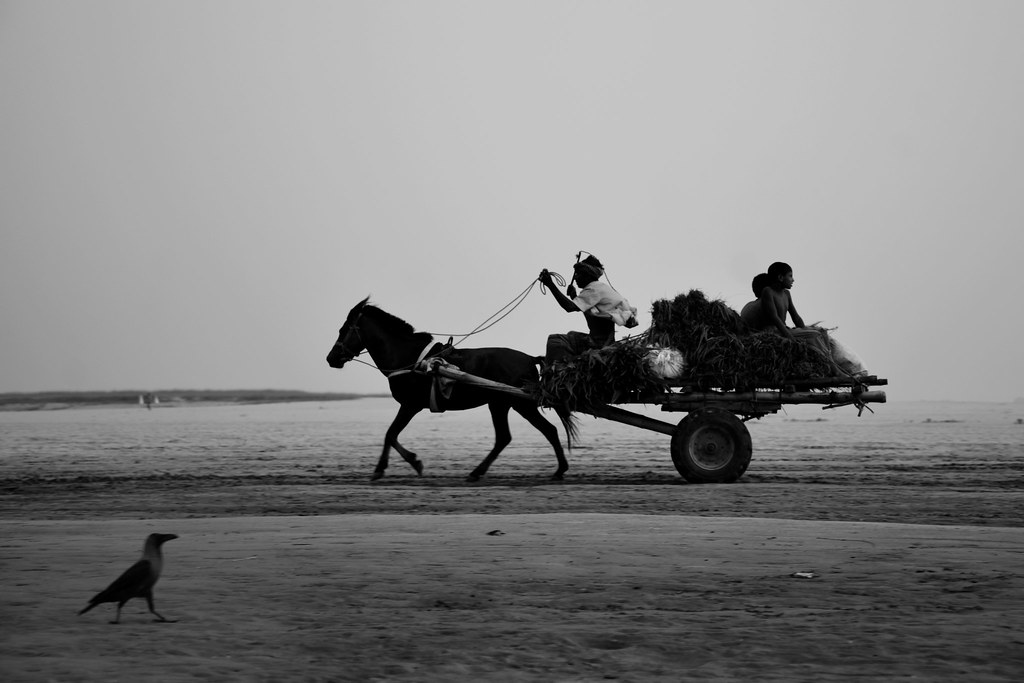
Photo Credit: Fernando Frazão/Agência Brasil, CC
Sebastião Salgado, the acclaimed Brazilian documentary photographer known for his profound black-and-white images capturing the human condition and environmental landscapes, passed away on May 23, 2025, at the age of 81. His death was confirmed by Instituto Terra, the environmental organization he co-founded with his wife, Lélia Wanick Salgado. Salgado succumbed to leukemia, a condition linked to malaria he contracted in 2010 during his “Genesis” project .
Born in Aimorés, Brazil, in 1944, Salgado initially pursued a career in economics before transitioning to photography in the 1970s. Over five decades, he documented social injustices, labor conditions, and the plight of marginalized communities across more than 130 countries. His seminal works include “Workers,” “Exodus,” and “Genesis,” each reflecting his commitment to highlighting human resilience and environmental conservation .
Salgado’s final major project, “Amazonia,” showcased the rich biodiversity of the Amazon rainforest and the lives of its Indigenous peoples. Beyond photography, he was a passionate environmentalist; through Instituto Terra, he and his wife spearheaded the reforestation of over 2,000 hectares of Brazil’s Atlantic Forest .
His contributions earned him numerous accolades, including multiple World Press Photo awards and the Prince of Asturias Award for the Arts in 1998. In 2014, his life and work were chronicled in the Oscar-nominated documentary “The Salt of the Earth.” Salgado is survived by his wife, two sons, and grandchildren. His legacy endures through his evocative imagery and unwavering dedication to social and environmental causes.










